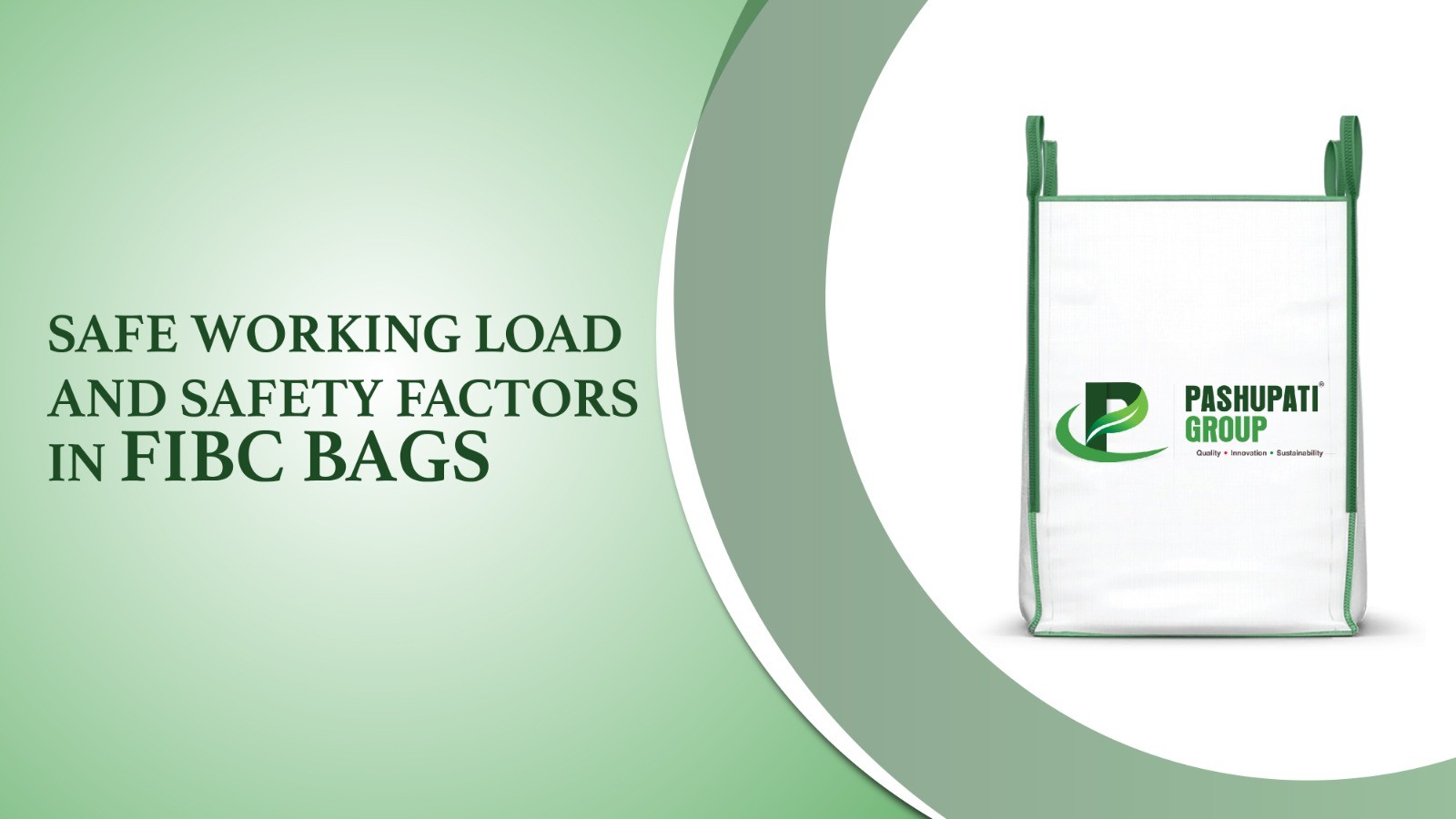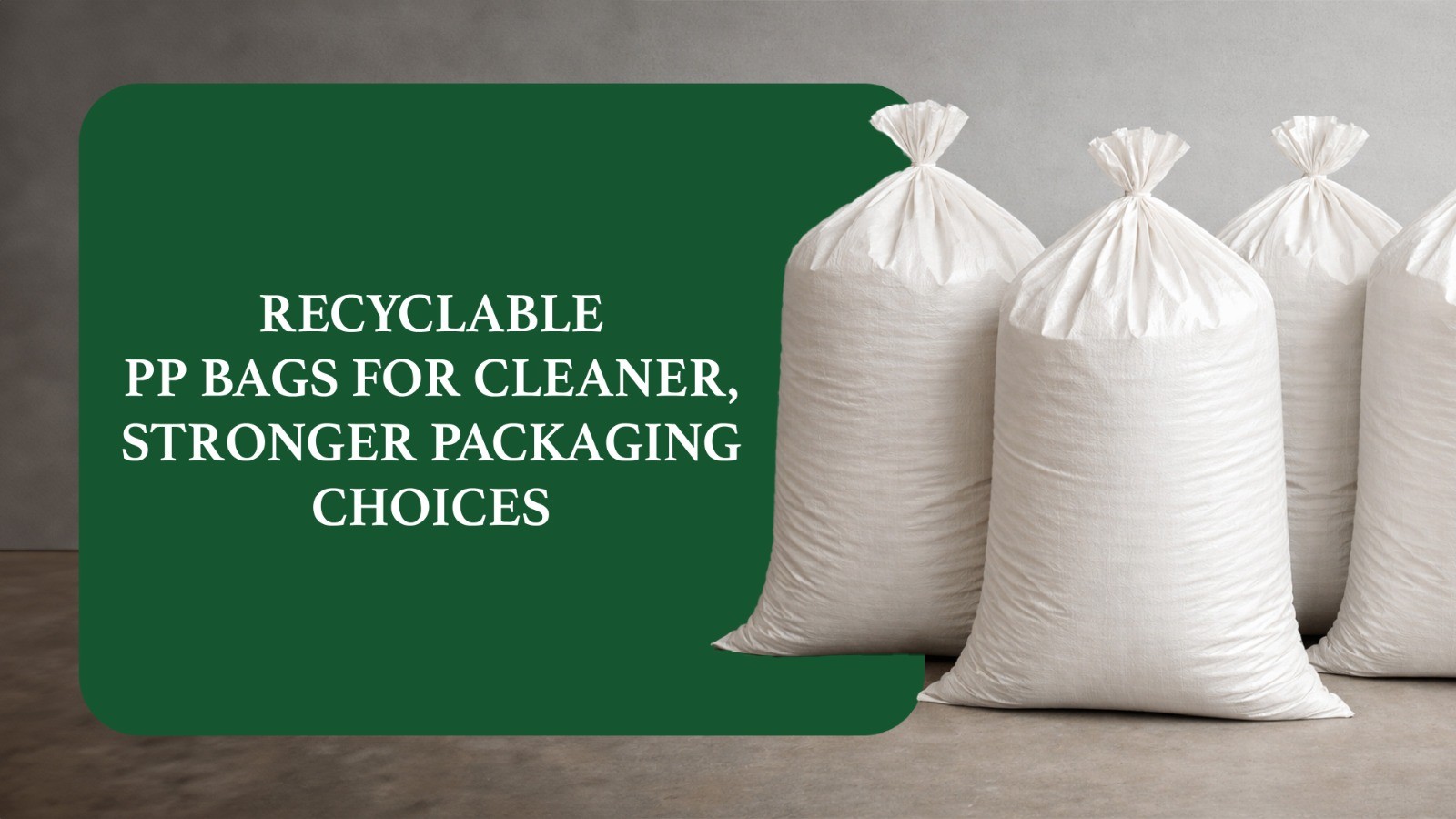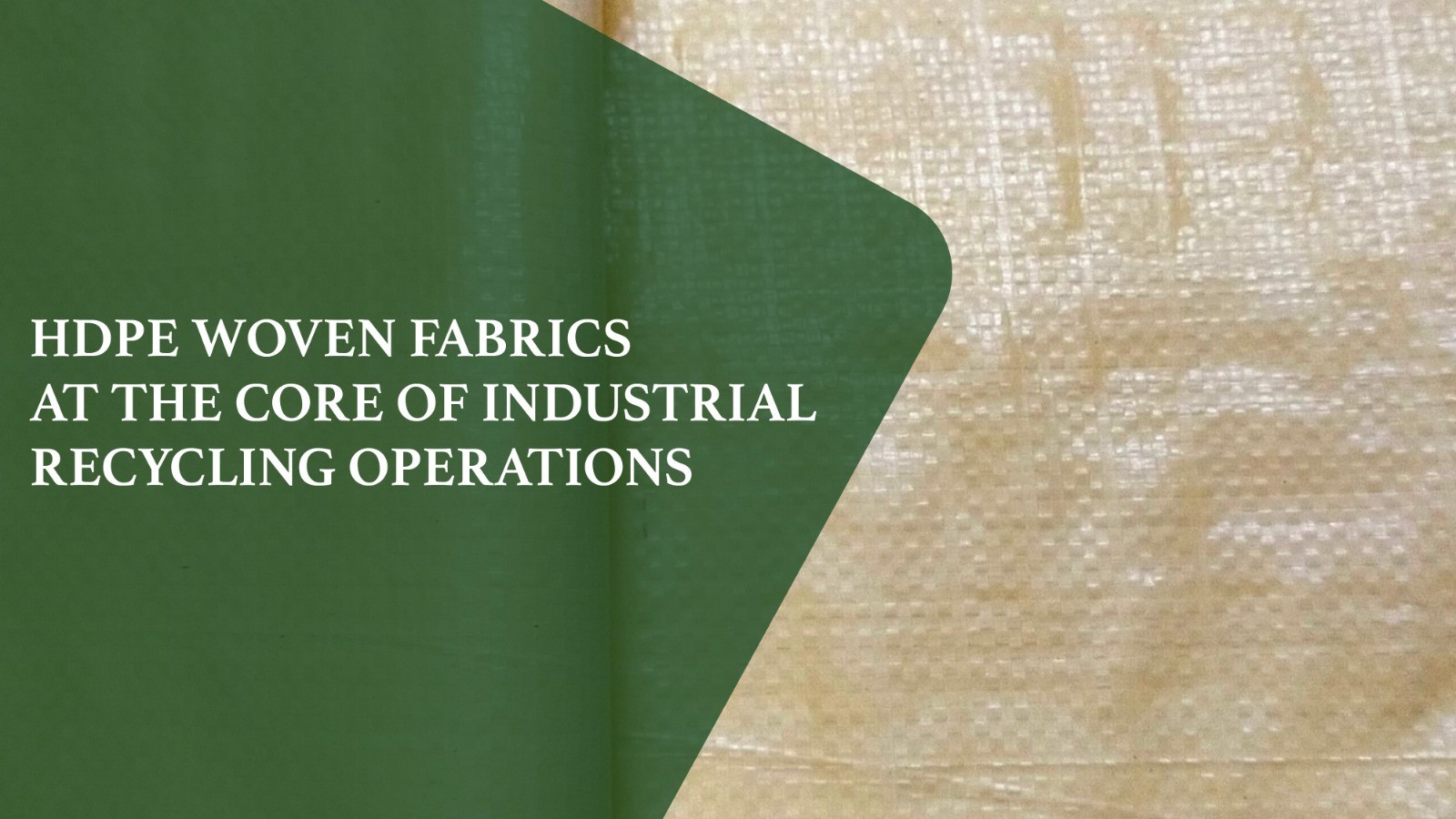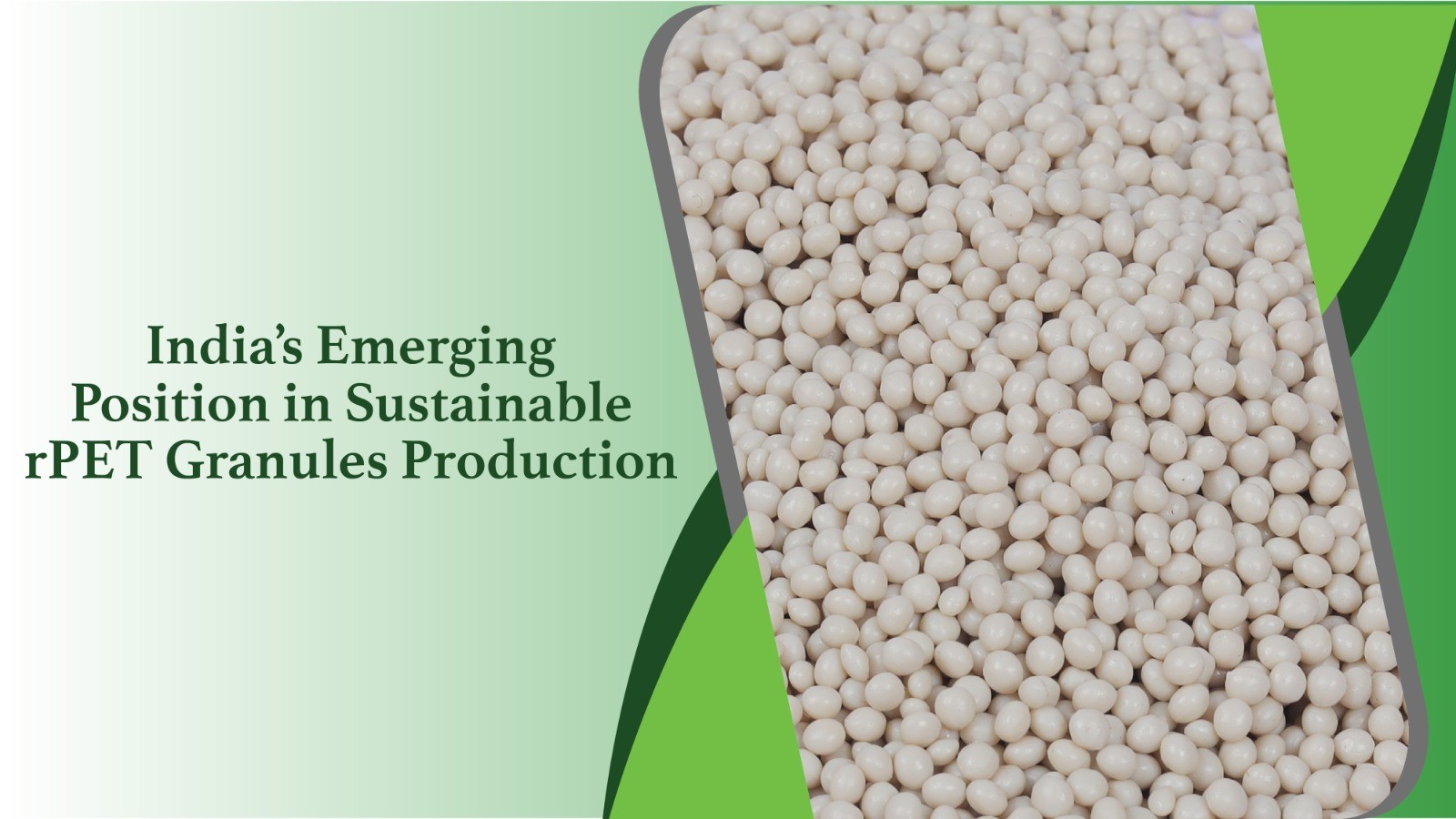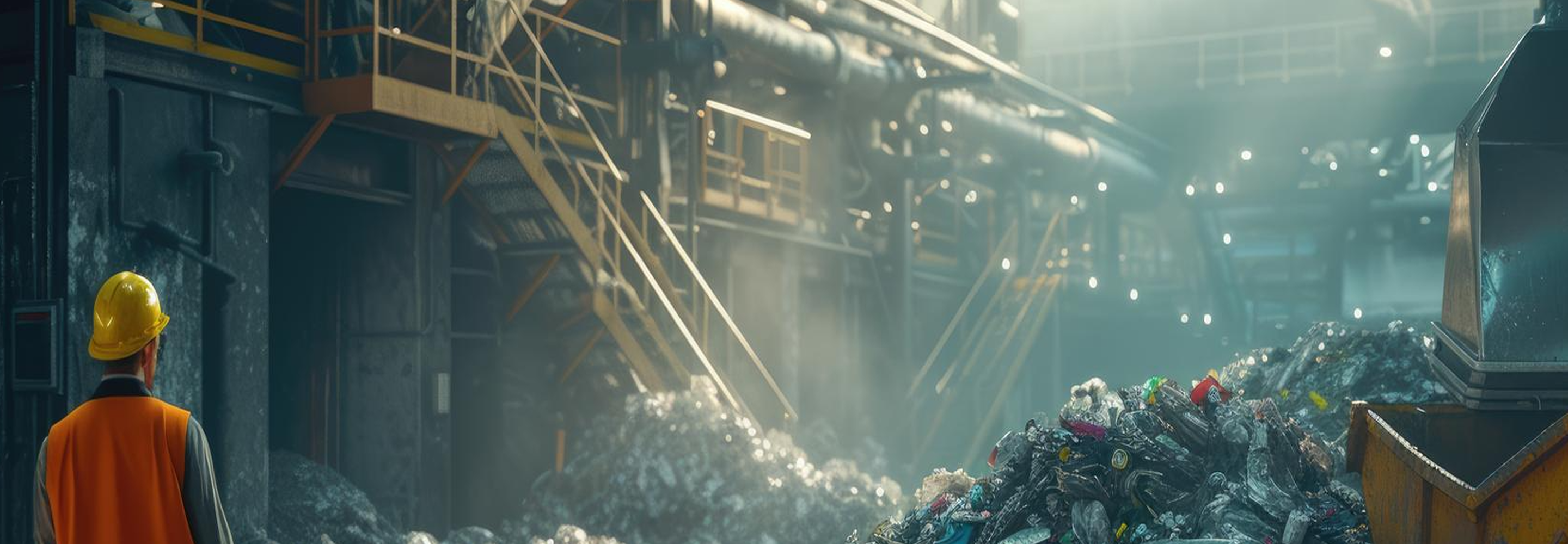
BLOG
POPULAR ARTICLES
Fascinating Facts About Water Bottle Recycling
22 July, 2024
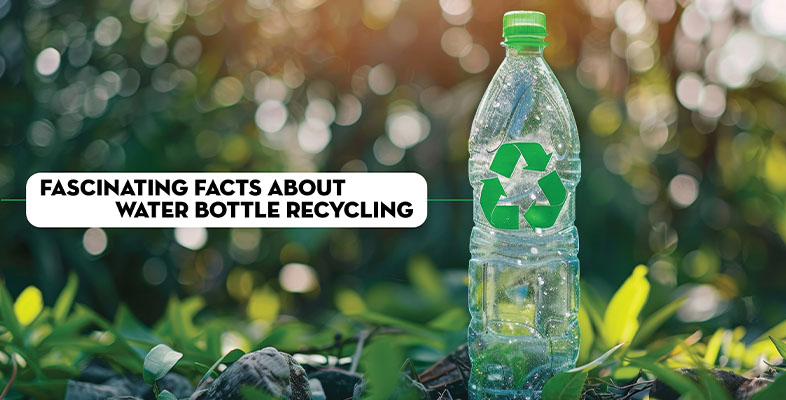
Over the decades, more plastic has been produced and consumed than in the entire century. India alone produces 40,000 Tons of plastic every day, of which only 60% can be recycled. Our Earth needs a radical revolution, with recycling a dire need. Even with these statistics, India outperforms many developed countries such as Europe, Japan, and the US, as mentioned in a year-long study conducted by the scientists from (CSIR) - National Chemical Laboratory (NCL).
The secret to environmental sustainability is knowing a product's life cycle, from manufacture to ethical disposal. Plastic bottles may be found everywhere: in supermarkets, pharmacies, homes, workplaces, and, regrettably, as litter in our streets and oceans.. Their complicated life cycle (from production to disposal) significantly impacts the environment.
Water bottle recycling is the need of the hour. However, there needs to be more understanding regarding plastic water bottle recycling. Here are some wonderful facts and knowledge about water bottle recycling, which can be eye-opening for everyone. This is the time we should take our inner call for a sustainable tomorrow.
1) Recycled bottles cater to a wide range of products
PET (or PETE), virgin plastic are the main component for creating plastic Water bottles. However, when recycled PET is known as rPET, rePET, or rPETE, where “r” stands for recycled. Many Recycling plants in India offer customized solutions for easily tailored designs and specifications. It is found in many products, including polyester carpet fiber, new water bottles, upholstery, t-shirts, fiberfill for sleeping bags, and industrial strapping.
2) Most of the Plastic Bottles can be Recycled
This fact might sound interesting to you. Plastic bottles which are available for retail purchase are made from PET (polyethylene terephthalate). It is an ideal product for making single-use water bottles as it is lightweight, durable, and type-1 plastic, which can be easily recycled. The recycling process includes many stages, but usually, it follows this process: the bottles are collected from a central location, shredded with other PET products, and melted to form pellets. These pellets serve as raw materials for manufacturing new plastic goods.
3) Recycled Bottles Reduce the Environmental Impact
Recycling plastic bottles can reduce litter on streets, waterways, and oceans. Another reason is that plastic bottles are not fully biodegradable and can take 450-1000 years to break down. This practice promotes the circular economy principle. It entails sourcing, production, retailing, end user, and recycling. It is a sustainable practice for the greater good of the environment.
4) Recycled bottles require 75% less energy for production
To save a lot of energy, helping minimize the resources needed during manufacture we have to start recycling plastic. However, it may not solve end-of-life problems when the bottle is thrown away. Each bottle uses 75% less energy, and some estimates indicate that this method can save enough energy to remove 360,000 cars from the road. It's interesting to note that recycling plastic bottles also lowers water usage because it takes six times as much water to create new water bottles as they do.
Closing Thoughts
It's high time we took environmental sustainability seriously. Recycled bottles offer a solution to many problems. Setting up plastic bottle recycling plants nationwide is helping in this endeavor. Moreover, if you dispose of your waste in haste, it leads to a fundamental issue known only to a few—environmental disintegration.
With a mission to tackle this severe problem, Pashupati Group-recycling giants are on a mission to the world's most complex systemic environmental challenge, Plastic, with urgency. With quality, innovation, and sustainability as the core pillars. Turning waste into wealth is their motto, with a multi-dimensional approach, leaving an unthinkably low environmental footprint. They work tirelessly to achieve continual milestones to offer sustainable and closed-loop solutions to the world.
RECENT BLOGS

